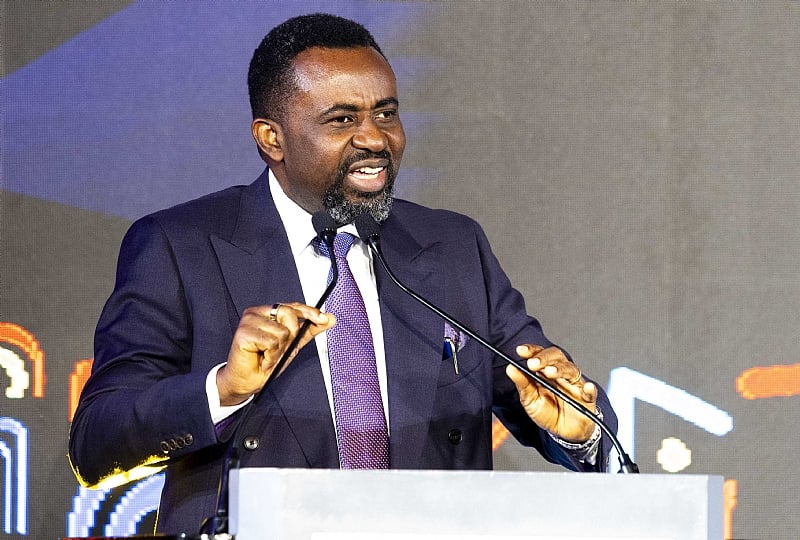The Bank of Ghana, in collaboration with the National Bank of Rwanda and the Global Financial Technology Network in Singapore, has embarked on an ambitious journey to revolutionize Africa’s cross-border payment landscape. This collaborative effort has given birth to the Next-Gen Digital Payment Infrastructure Project (DPI), an initiative designed to modernize and streamline cross-border transactions across the continent. The DPI represents a significant step towards achieving a more integrated and efficient African financial ecosystem, leveraging innovation and technology to overcome the existing fragmentation and complexities that hinder trade and economic growth. Announced at the 3i Africa Policy Forum in Accra, Ghana, this project signifies a commitment to a collaborative, continent-wide approach to digital financial transformation.
The 3i Africa Policy Forum, themed “One Africa, One Market: Driving Innovation, Investment, and Impact for a Connected Future,” served as the perfect platform for unveiling this groundbreaking initiative. The forum brought together key stakeholders from various sectors, including policymakers, regulators, financial institutions, and technology experts, to discuss and strategize on accelerating Africa’s digital transformation. Dr. Johnson Pandit Asiamah, Governor of the Bank of Ghana, emphasized the importance of envisioning Africa as a unified economic powerhouse driven by innovation and sustainable investment. He underscored the need for coordinated efforts across both public and private sectors to achieve this vision, highlighting the crucial role of harmonized regulations and mutual trust among African nations.
Dr. Asiamah acknowledged the significant strides made in digital transformation across the continent, particularly in the areas of financial technologies, digital assets, and cross-border payment systems. These advancements have notably contributed to increased financial inclusion and expanded intra-African trade, particularly benefiting underserved and remote communities. However, he cautioned that national-level efforts alone are insufficient to realize the full potential of a unified African market. He stressed the necessity of collaborative, cross-border initiatives like the DPI to overcome the limitations of fragmented national systems and unlock the true power of a connected African economy.
The DPI is envisioned as a central bank-led framework that leverages technological innovation to create a seamless and efficient cross-border payment system. This initiative aims to address the challenges associated with existing cross-border transactions, such as high costs, delays, and complexities, which often hinder trade and economic growth. By fostering interoperability and standardization, the DPI seeks to simplify cross-border payments, making them faster, cheaper, and more accessible to businesses and individuals across Africa. This project aligns with the broader vision of a unified African market, facilitating greater economic integration and promoting intra-African trade.
The 3i Africa Policy Forum delved into critical issues surrounding Africa’s digital transformation, exploring strategies to attract long-term investment in fintech and digital finance sectors. Discussions focused on the importance of regulatory alignment in unlocking the full potential of cross-border payments and recognizing the role of small and medium-sized enterprises (SMEs) as key drivers of regional trade and innovation. The forum served as a platform for generating concrete strategies and actionable outcomes, moving beyond mere discussion to tangible results.
The Bank of Ghana’s commitment to digital financial integration is evident in its active participation in initiatives such as the Pan-African Payment and Settlement System (PAPSS) and the bilateral fintech passporting collaboration with the National Bank of Rwanda. These initiatives, alongside the DPI, demonstrate a proactive approach towards building a robust and interconnected African financial ecosystem. The ambition is to create a fully integrated system by 2030, fostering greater financial inclusion, promoting economic growth, and positioning Africa as a global leader in digital finance. The 3i Africa Policy Forum served as a critical step in this journey, fostering partnerships, generating insightful dialogue, and laying the groundwork for a digitally transformed African future. The collective efforts of the participants aim to translate the vision of a unified African market into a reality, leveraging innovation and collaboration to drive sustainable economic development across the continent.


